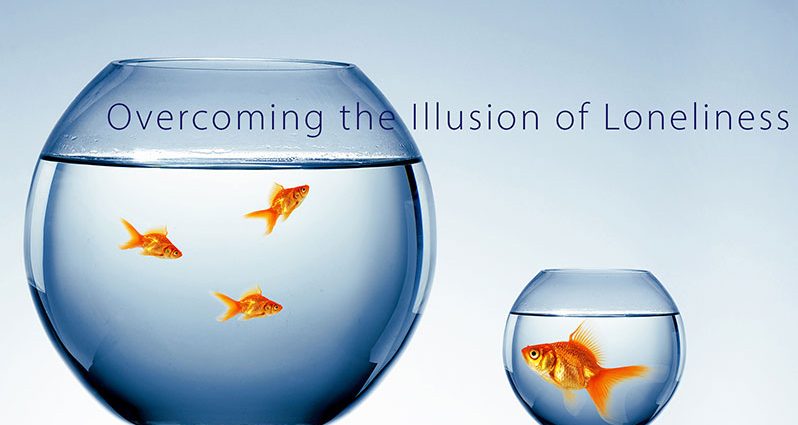People live in society. If you do not take into account hermits and lonely sailors, usually a person is surrounded by friends, relatives, colleagues, and just passers-by. In moments of particular fatigue, we dream of being alone in silence, but as soon as we part with our loved ones, we yearn for loneliness. Why do we surround ourselves with people?
Many people know the maxim beloved by existential therapists: «Man is born alone and alone dies.» Apparently, thinking about it, you need to feel very lonely, closed in your individuality and very responsible. But if you really think about it, you have to honestly say that this is an abstraction that has nothing to do with reality.
Even before birth, a person resides in the mother’s womb in a complex interdependence with all its systems. And his mother at the same time stays in society. During childbirth, a midwife, a doctor, and sometimes relatives are present. Also, a person dies in a hospital or at home, but almost always among people, except in rare cases.
During life, loneliness is also more of a fantasy than a reality. Moreover, if we ask ourselves the important question where my “I” ends and others begin, we will not be able to answer. Each of us is woven into a complex network of physical, nutritional, economic, social, psychological and various other types of relationships.
Our brain only seems to be a physiological organ, in fact it is a complex, constantly learning information system. It has much more culture and sociality than biology and physiology. Moreover, the pain of one’s place in the social system or of discord in close relationships is as strong as the physical pain associated with bodily discomfort.
And our strongest motivation is imitative. Let’s look at two examples. A poster in a stone forest, which said that last year 5 tons of fossils were taken out of this reserve, only stimulated tourists to take even more: “After all, they do it!”
An experiment was conducted: residents of one district were openly asked what would make them use electricity more carefully: care for the environment, saving their money, or knowing that their neighbors are doing this. The answers were different, but the neighbors came in last place.
Then, flyers were sent out to everyone with an appeal to save electricity, and each one of the three reasons was indicated. And what do you think it turned out after we measured the real energy consumption? That’s right, those whose neighbors supposedly also took care of it won by a wide margin.
It is very important for us to be like everyone else. This is why many turn to psychotherapy when they feel they are falling out of the accepted picture of how others behave. And in general, most often they come to solve relationship problems. “I can’t build a relationship” is the most common female request. And men are most often treated with difficulty in choosing between old and new relationships.
It only seems to us that we are taking care of ourselves — more often we are taking care of our place in the system. Another example of the influence of the environment on our behavior. An analysis of a large amount of data showed that the success of our intention to quit smoking is directly dependent not only on whether friends quit smoking, it is even influenced by friends of friends about whom we know nothing.










